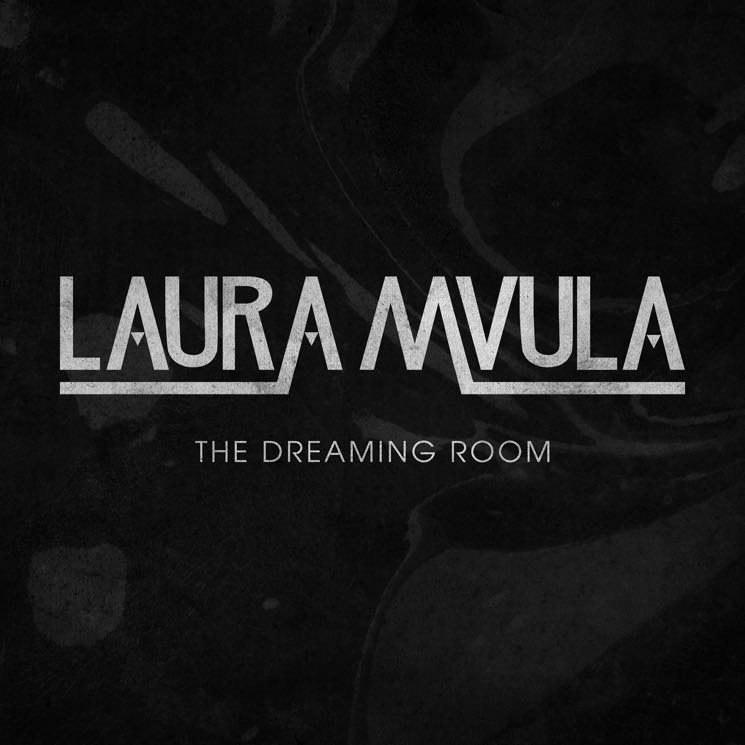Laura Mvula's second album, The Dreaming Room, is infinitely more experimental than the soul-gospel of 2013's Sing to the Moon. Its aim to disorient, overwhelm and keep listeners off-kilter (and not knowing what comes next) is intentional; like a dream, it feels like a subconscious succession of visuals, emotions and ideas — sometimes abstract, sometimes allegorical, but always dredging up something for the conscious mind to ponder. The Dreaming Room is this and more.
Mvula's struggles with anxiety and panic attacks have been documented, and this album confronts them forthrightly. The Dreaming is fuelled by her mindset and current musical sensibility: it's black, it's sexual and, most of all, it's comfortable in its own skin. Moving beyond the orchestral sounds of her debut, this album leans on synths, Afrobeat and funk sounds by way of Troy Miller and Miles Davis collaborator John Scofield's production. The music box strains and percussive paradiddles on the emotionally dark "Kiss My Feet" are ominous and alluring as Mvula sings, "I feel lost and found / At the same damn time." The fierce strains of "People" (featuring Wretch 32) balances Mvula's signature gospel sound with rock sensibilities to tell a layered message of self-determinism: "How glorious is this light in us."
Album centrepiece "Show Me Love" is "Sing To The Moon 2.0," evocatively cinematic in orchestral scope and aspiration. "And if I go / Let me go," she sings on the oddly upbeat "Let Me Fall," while the funk-pop of "Phenomenal Woman" — inspired, of course, by the Maya Angelou poem — rides hard and is dance floor-minded. With The Dreaming Room, Mvula has mined her personal conflicts to yield beautiful, boundary-pushing artistry. It's fearless, meditative, soulful and buoyant all at once.
(Sony)Mvula's struggles with anxiety and panic attacks have been documented, and this album confronts them forthrightly. The Dreaming is fuelled by her mindset and current musical sensibility: it's black, it's sexual and, most of all, it's comfortable in its own skin. Moving beyond the orchestral sounds of her debut, this album leans on synths, Afrobeat and funk sounds by way of Troy Miller and Miles Davis collaborator John Scofield's production. The music box strains and percussive paradiddles on the emotionally dark "Kiss My Feet" are ominous and alluring as Mvula sings, "I feel lost and found / At the same damn time." The fierce strains of "People" (featuring Wretch 32) balances Mvula's signature gospel sound with rock sensibilities to tell a layered message of self-determinism: "How glorious is this light in us."
Album centrepiece "Show Me Love" is "Sing To The Moon 2.0," evocatively cinematic in orchestral scope and aspiration. "And if I go / Let me go," she sings on the oddly upbeat "Let Me Fall," while the funk-pop of "Phenomenal Woman" — inspired, of course, by the Maya Angelou poem — rides hard and is dance floor-minded. With The Dreaming Room, Mvula has mined her personal conflicts to yield beautiful, boundary-pushing artistry. It's fearless, meditative, soulful and buoyant all at once.
